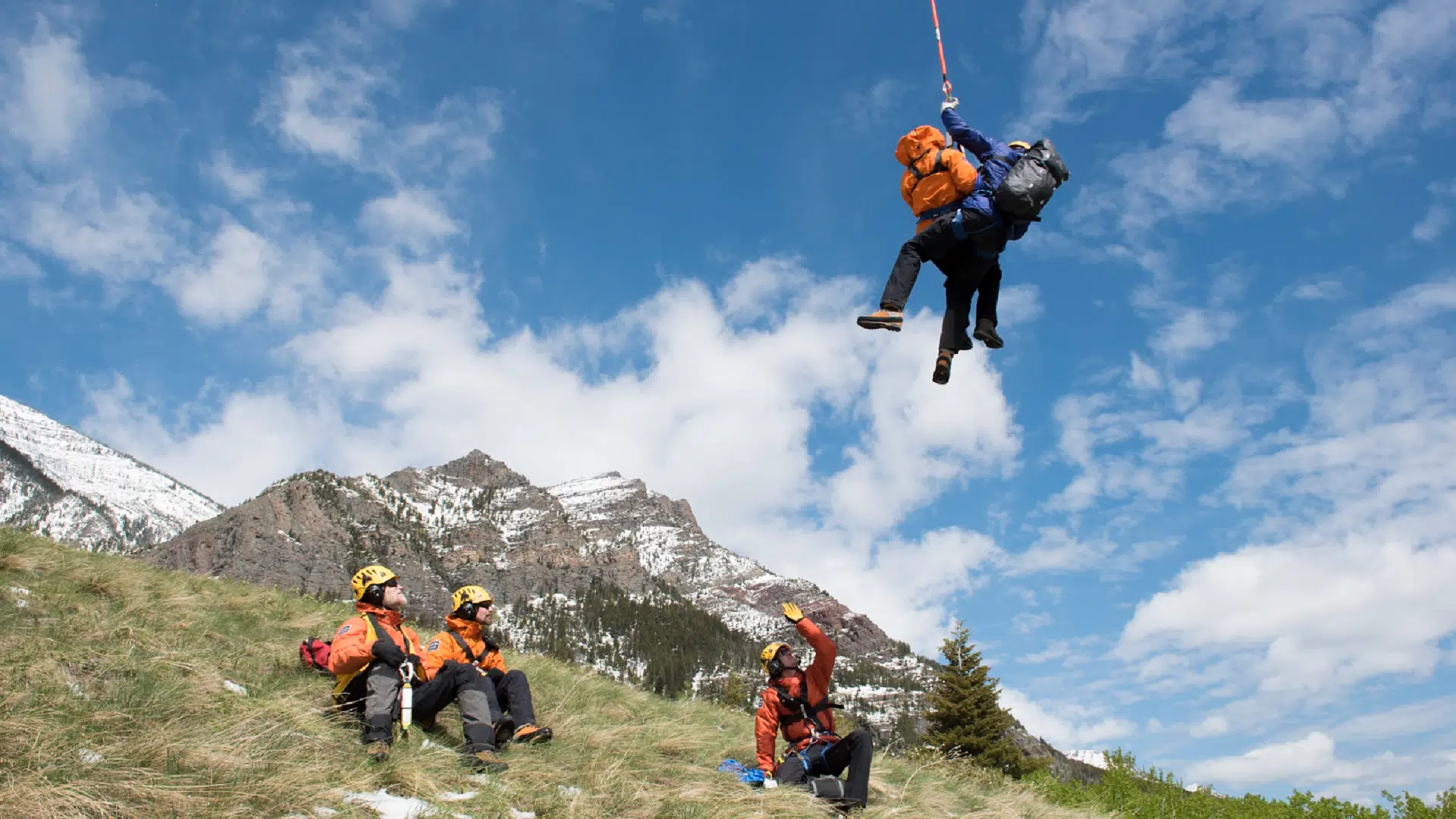
Safety Technician Talks Mountain Safety – Post Weekend Rescue
WATERTON – This year alone, Waterton Lakes National Park’s Visitor Safety Team has responded to 25 incidents, some of them minor such as a hiker with a sprained ankle and some of them not so minor, such as a scrambler who slipped on ice and fell down a crevasse near Castle Mountain Ski Resort.
Jonas Hoke, Waterton Lakes National Park visitor safety technician, who stayed overnight with the injured scrambler at Castle Mountain, credits continuous scenario based training as being paramount in the successful rescue.
“At the start of the winter I will be joining the team in Banff in some rope rescue scenarios in a vertical ice climbing environment. In house we frequently run avalanche rescue training scenarios.”
Hoke notes that many rescue technicians come to the position with a background in mountain travel, certification with the Association of Canadian Mountain Guides and First Aid training.


